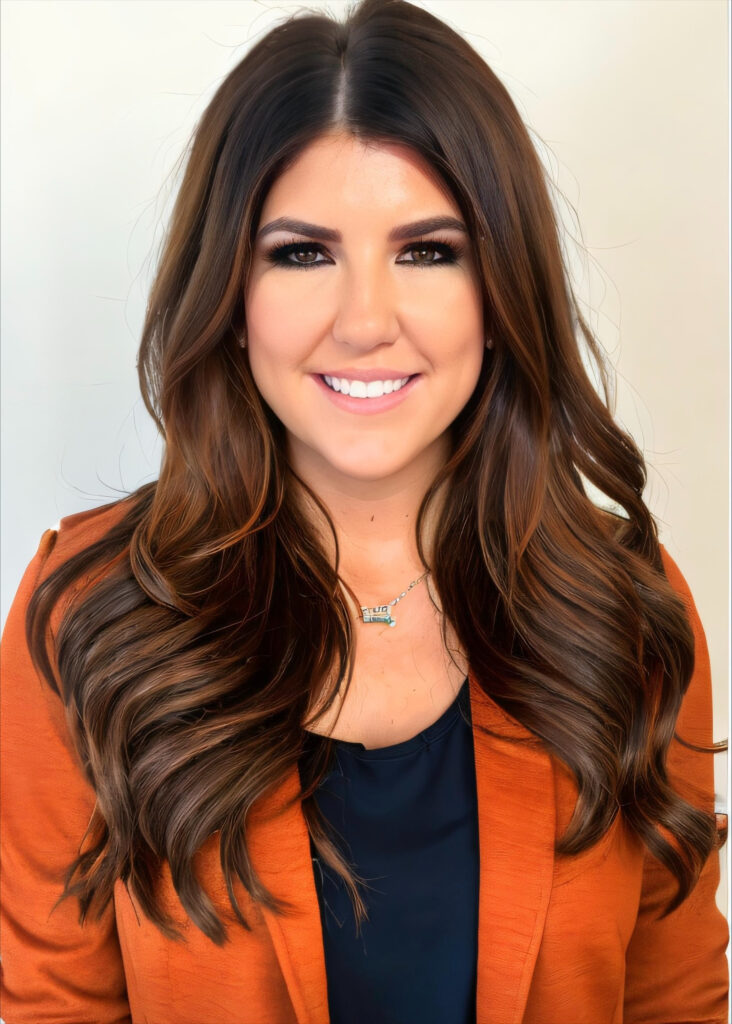Want to make your voice HEARD? Well, this post is filled with ways to start advocating for your school counseling profession!

School counselors play a crucial role in supporting students’ academic, social, and emotional well-being. As dedicated professionals, it is essential for school counselors and educators to advocate for their profession and ensure their voices are heard to truly make a difference in the world of education. One powerful way to achieve this is through joining an association that stands up for your profession. As someone that lives in Texas, the Texas Counseling Association (TCA), is an organization that I am part of because it stands as a platform for advocacy, professional development, and collaboration. Of course there are many other organizations in the United States and I will add some more below.
Why Advocacy Matters:
Advocacy is the key to bringing about positive change and advancing the school counseling profession. By advocating for policies, resources, and support, counselors and educators can create an environment that fosters student success and well-being. Being proactive in advocating for the profession not only benefits students but also elevates the role of school counselors within the educational system.
Here are some ways to advocate for your position as a school counselor:
1. Raise Awareness:
By actively advocating for the school counseling profession, counselors and educators can raise awareness about their vital role in student success. Sharing success stories, highlighting the impact of comprehensive counseling programs, and dispelling misconceptions can help educate stakeholders, policymakers, and the community about the essential work that school counselors do. Education is key in helping people understand what our profession does!
2. Policy Influence:
Advocacy provides an opportunity to influence policies that affect the profession. By engaging in discussions, attending legislative sessions, and collaborating with policymakers, school counselors can contribute to shaping policies that prioritize student well-being, increase resources, and improve the overall effectiveness of counseling programs.
3. Collaborative Efforts:
Advocacy also involves building strong networks and partnerships with other education professionals. By collaborating with teachers, administrators, parents, and community organizations, school counselors can work collectively to address challenges, share best practices, and advocate for the comprehensive support needed to help students thrive.
Here are some Associations you may look into joining:
The American Counseling Association (ACA):
The ACA serves as a national organization that advocates for the counseling profession as a whole. By becoming a member, school counselors and educators gain access to a vast network of professionals, research publications, and advocacy resources. ACA offers advocacy training, legislative updates, and opportunities to engage with policymakers at the national level. By participating in ACA’s annual conference and joining specialized divisions, such as the School Counseling Division, members can connect with professionals from diverse backgrounds and gain insights into best practices.
The Texas Counseling Association (TCA):
For those residing in Texas, TCA provides a powerful platform for advocacy. By joining TCA, individuals can connect with like-minded professionals, stay informed about legislative updates, and access a wealth of resources to enhance their advocacy efforts. TCA offers opportunities to participate in conferences, workshops, and training sessions, fostering professional growth and networking. By joining a local chapter or division, such as the Texas School Counselor Association (TSCA), members can engage with peers who share their specific interests and concerns, amplifying their collective voice.
Other State Counseling Organizations:
While TCA and ACA provide exceptional resources, it is important to note that other state counseling organizations also offer avenues for advocacy. For instance, the California Association of School Counselors (CASC), the New York State School Counselor Association (NYSSCA), and the Florida School Counselor Association (FSCA) are just a few examples of state-specific organizations that actively promote the interests of school counselors and educators.
Advocating for the school counseling profession and educators is a crucial endeavor to ensure students receive the support they need to thrive academically, socially, and emotionally. By joining organizations such as the Texas Counseling Association (TCA) and The American Counseling Association (ACA), individuals can access a wealth of resources, connect with peers, and engage in impactful advocacy efforts. Additionally, other state counseling organizations provide valuable platforms to contribute to the advancement of the profession. By advocating collectively, we can foster positive change, elevate the importance of the school counseling profession, and ultimately enhance the educational experience for all students.

